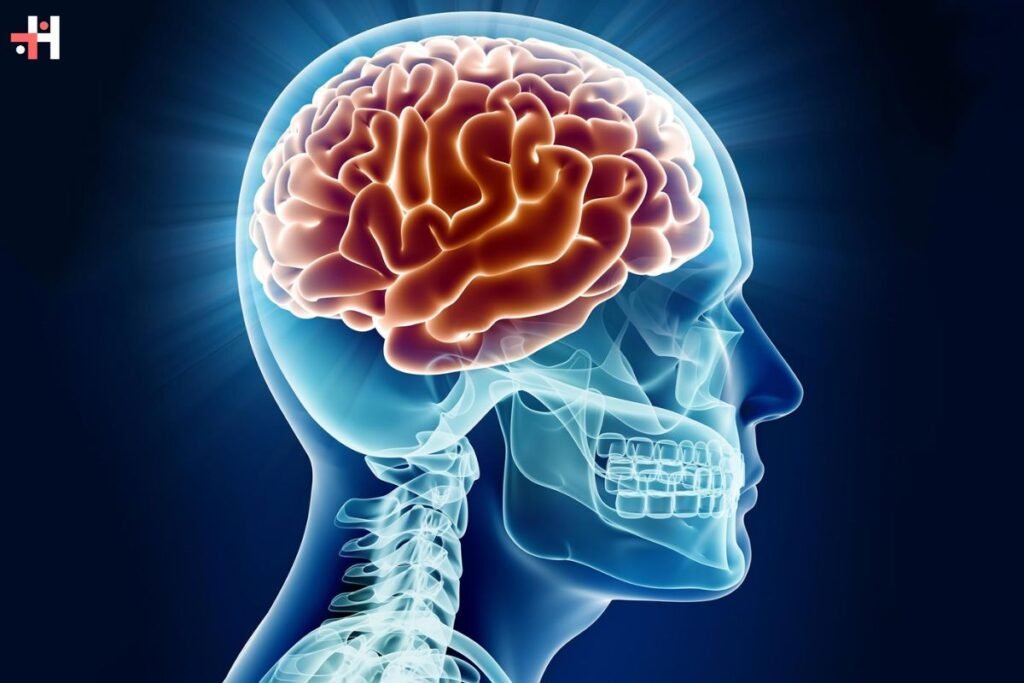Research Reveals: Human Brains are Expanding

(Source-SciTechDaily)
Could it be that human brains are following a trajectory of growth? Recent research suggests so, pointing to an intriguing possibility that human brains are getting bigger over time. This revelation isn’t just a fascinating piece of trivia; it could hold significant implications for our understanding of brain health and aging.
Unveiling the Study Findings
A study conducted by scientists at UC Davis Health has unveiled compelling evidence indicating an increase in brain size among individuals born in later decades compared to their predecessors. Published in JAMA Neurology in March, the study sheds light on this phenomenon, hinting at potential factors driving this evolutionary shift.
Lead researcher Charles DeCarli, a distinguished professor of neurology at UC Davis, emphasizes the multifaceted nature of brain development. While genetics undoubtedly play a crucial role, external influences such as health, social dynamics, cultural factors, and education may also exert a significant impact.
Delving into the Data
Drawing from the extensive data repository of the Framingham Heart Study, which spans over seven decades, researchers meticulously examined brain scans from participants spanning different generations. Analyzing MRIs of 3,226 individuals born between 1925 and 1968, the study uncovered a remarkable trend in brain morphology.
Over the decades surveyed, researchers noted a consistent increase in both brain volume and cortical surface area. Individuals born in the 1970s exhibited a brain volume approximately 6.6% larger than those born in the 1930s. Similarly, the cortical surface area, crucial for cognitive functions, displayed a notable expansion.
Insights into Human Brains Anatomy
Further scrutiny of the MRI data revealed not only an overall increase in brain size but also specific growth patterns within different brain structures. Gray matter, responsible for functions like movement control, memory, and emotional regulation, exhibited expansion, indicating potential enhancements in cognitive abilities.
Conversely, white matter, the intricate network of nerve fibers facilitating inter-brain communication, also displayed growth. This intricate neural infrastructure, crucial for processing and transmitting information, showed signs of development across successive generations.
Implications for Human Brain Health
The implications of these findings extend beyond mere anatomical curiosities. The observed increase in brain size may hold profound implications for mitigating age-related cognitive decline, including dementia. Understanding the drivers behind this evolutionary trajectory could pave the way for innovative approaches to promoting brain health and resilience.
As humanity continues to navigate the complexities of modern living, from technological advancements to shifting societal norms, human brains seem to be adapting and evolving in tandem. Unraveling the intricacies of this phenomenon promises to unlock new frontiers in neuroscience, offering insights into the ever-evolving nature of the human mind.
In a world where the quest for knowledge and understanding knows no bounds, the expanding frontier of brain research beckons us to explore the inner workings of our most enigmatic organ. With each revelation, we inch closer to unraveling the mysteries of our cognitive evolution and harnessing the full potential of the human brain.

No comments yet